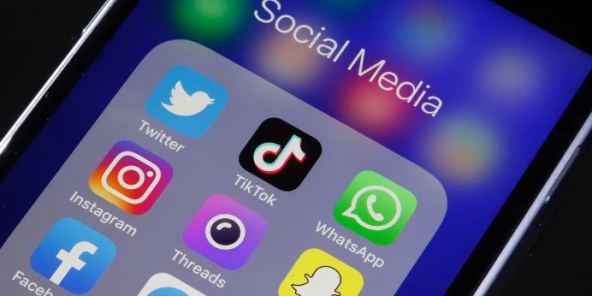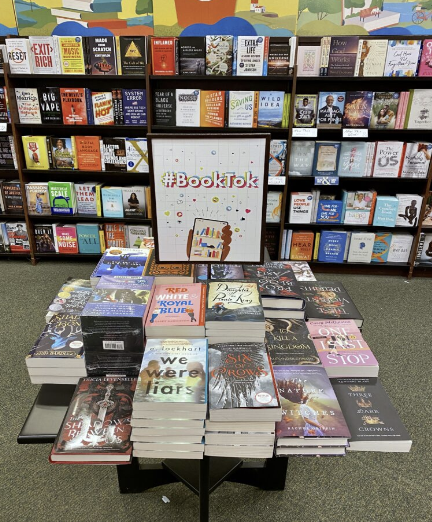With its endless opportunities for entertainment, tools for communication, and easy accessibility, it’s no surprise that social media is an influential aspect of the modern world. Globally, its wide outreach fuels many protests, movements, and other forms of activism.
However, this comes with unexpected consequences.
Think about the last time you got important news from a social media platform. Likely, the event highlighted was the focal point of that week or month’s ‘trend’, and after a period of time, died down in popularity. Unfortunately, this impacts the public’s perception of these crises and downplays their impact on actual communities.
This pattern has occured time and time again. In fall of 2022, following the protests over the rights of women in Iran, many advocates used social media to spread their message. As a result, digital feeds around the world were largely focused on the conflict between protestors and the Iranian government’s harsh response. In the ensuing months, one could observe how this initial reaction fell out of recognition– being minimally mentioned with the exception of the occasional Instagram post or TikTok video.
In fact, according to Google Trends data starting from Sept. 2022, web searches related to the Iranian protests reached their peak in Nov. of 2022, and have been in a state of decline ever since.
Another, more obvious, issue is credibility. In reality, deciphering the accuracy of information obtained through social media can be difficult, especially due to how easy it is for false knowledge to spread. This was shown in the early stages of the pandemic, particularly regarding information related to COVID-19.
In a 2022 study conducted by the Journal of Medical Internet Research, researchers concluded that “those who frequently used social media for news consumption were more likely to believe COVID-19 misinformation and share it on social media.” (National Library of Medicine)
This is a problem today, especially when users spread clickbait or mistakenly believe information to be credible.
Despite its negative impacts, now more than ever, people have turned to social media as a way to stay updated with global issues.
“I actually get a lot of information from social media,” Jiya Madan, an IHS sophomore, said. “For example, with the recent flooding in Libya, I think that it really made me aware of what is happening in the world, because I’m not the type of person to check the news [daily].”

Luckily, there are ways to address these issues. The truth is, getting your news from social media isn’t an inherently bad thing. It’s okay to use social media as a tool to obtain more information, but it’s also important for people to take steps to educate themselves further. Spending an extra five minutes every day to catch up on global events, or reading more about a topic after coming across it online, can prevent one from getting a biased view of an event and stop social issues from losing popularity.
Ultimately, by giving social issues the proper treatment, people can strive to become better, more educated citizens of the world today.







